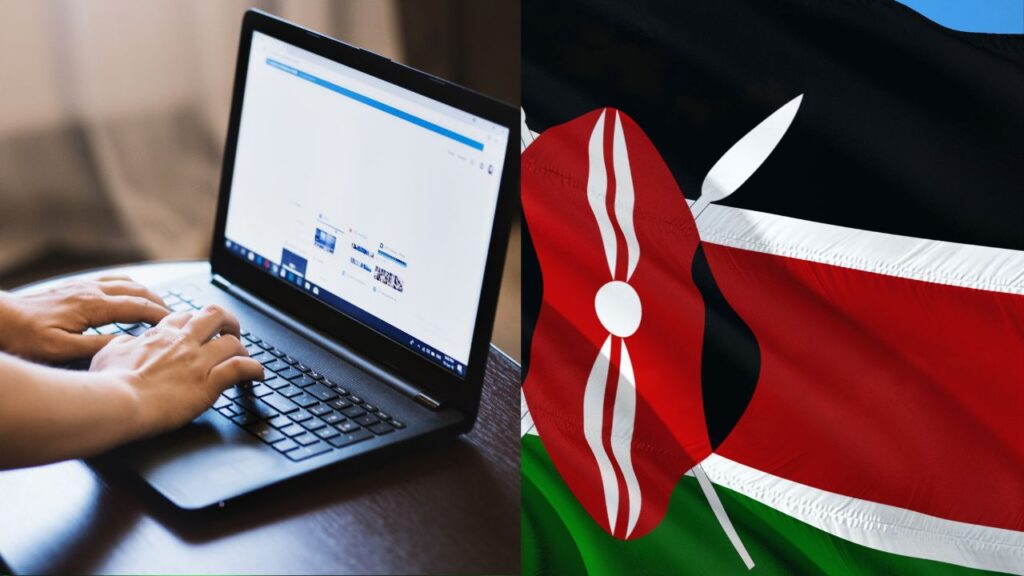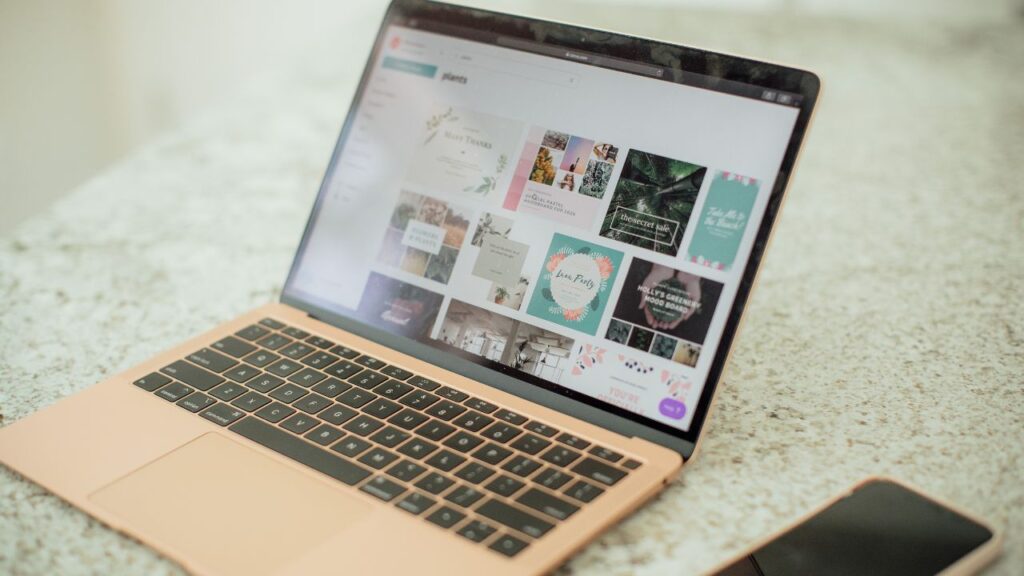In recent years, Kenya’s market has seen a significant uptick in the availability of counterfeit laptops. As a digital marketer and tech enthusiast, I understand the allure of scoring a high-end laptop at a fraction of the cost. However, the prevalence of fake products is not just a minor inconvenience; it poses a serious risk to consumers and the tech industry at large. Let’s dive into why counterfeit laptops are flooding the market, how to spot them, and what steps you can take to protect yourself.
@tenseiark This is how you can get to know if a laptop is fake or not. Visit us at The Old Mutual along Kimathi street 2nd floor shop 205E Reach us on 0741440413. #nairobi #laptops #learnontiktok #computerengineering
Why Counterfeit Laptops Are Thriving in Kenya
The primary driver behind the surge of counterfeit laptops in Kenya is the increasing demand for affordable technology. As more people seek to bridge the digital divide, unscrupulous sellers are capitalizing on this need by offering seemingly attractive deals on popular laptop brands. Here are a few reasons why this issue is particularly pronounced in Kenya:
- High Demand for Affordable Tech: With the growing need for digital devices in education, business, and personal use, many consumers are looking for budget-friendly options. This high demand creates a ripe market for counterfeit goods.
- Lack of Consumer Awareness: Many buyers are not aware of the telltale signs of counterfeit products. Unsuspecting customers often fall prey to the allure of a too-good-to-be-true deal.
- Insufficient Regulatory Measures: While there are laws in place to curb the sale of counterfeit goods, enforcement is often lacking. This gap in regulation allows counterfeiters to operate with relative impunity.
Spotting a Counterfeit Laptop
Identifying a counterfeit laptop can be challenging, especially when counterfeiters go to great lengths to mimic the appearance of genuine products. Here are some key indicators to help you distinguish a fake from the real deal:
- Price Discrepancies: If the price is significantly lower than what is typically expected for the brand and model, it’s a red flag. While discounts and sales are common, be wary of prices that seem too good to be true.
- Packaging Quality: Genuine laptops come in high-quality, well-sealed packaging. If the box appears tampered with or the printing quality is subpar, it’s likely a counterfeit.
- Serial Numbers and Labels: Check the serial numbers and labels on the laptop and its packaging. Authentic products have consistent and clear serial numbers that can be verified on the manufacturer’s website.
- Build Quality and Design: Counterfeit laptops often have inferior build quality. Look for inconsistencies in the design, such as misspelled brand names, poor quality materials, and loose or misaligned parts.
- Software and Functionality: Upon powering up the laptop, you may notice issues with the operating system, pre-installed software, or hardware functionality. Genuine laptops should not have such problems out of the box.
Protecting Yourself from Counterfeit Laptops
As a savvy consumer, there are several steps you can take to avoid falling victim to counterfeit laptop scams:
- Buy from Authorized Dealers: Always purchase laptops from authorized dealers or reputable online retailers. These sellers are more likely to offer genuine products and have return policies in place.
- Research Before Buying: Do thorough research on the laptop model you intend to buy. Familiarize yourself with the typical price range, features, and authorized sellers.
- Verify Authenticity: Use the manufacturer’s website or customer service to verify the authenticity of the product before making a purchase. Many brands offer tools to check serial numbers and other identifiers.
- Inspect Before Purchase: If buying in person, carefully inspect the laptop for any signs of counterfeiting. Ask to test the device to ensure it functions correctly and matches the advertised specifications.
- Stay Informed: Keep up-to-date with news about counterfeit products and scams. Awareness is your best defense against falling prey to fraudulent sellers.
Conclusion
The rise of counterfeit laptops in Kenya’s market is a troubling trend that requires vigilance from consumers. By understanding the factors driving this issue, recognizing the signs of counterfeit products, and taking proactive measures, you can protect yourself and ensure you’re investing in genuine, reliable technology. Remember, if a deal seems too good to be true, it probably is. Stay informed, stay cautious, and prioritize authenticity to make the most of your tech purchases. If you are looking for a
For more articles, visit www.marginseye.co.ke



